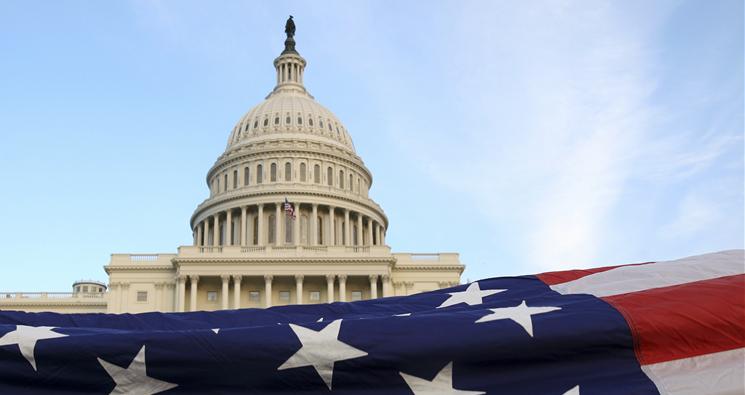A Federal Jury Speaks, and Academic Freedom Wins
Yesterday, in Greenville, N.C., a federal jury found that the University of North Carolina–Wilmington (UNCW) violated the free speech rights of conservative Christian professor Mike Adams. Specifically, the jury found that Dr. Adams’s First Amendment–protected speech was a “substantial or motivating factor” in the defendants’ decision not to promote him to full professor and that defendants could not prove they would have made the same decision in the absence of Dr. Adams’s speech activity. The case now moves to the judge to determine Dr. Adams’s relief.
Dr. Adams’s story has now gone from a cautionary tale of the punishment that leftist universities inflict upon dissenters to a strong signal that conservative professors can indeed fight back and prevail.
Full disclosure: I had the privilege of serving as lead counsel in the trial (I’m a senior counsel for the American Center for Law and Justice), aided by my friend and capable co-counsel Travis Barham from the Alliance Defending Freedom.
Dr. Adams began his career at UNCW in 1993 as an outspoken atheist and liberal. During this period, he was widely praised in the university for his teaching and scholarship and achieved tenure in 1998 without any controversy. In 2000, however, shortly after visiting a mentally handicapped prisoner on death row in Texas — and being struck by the fact that this prisoner had read the entire Bible while he had not — Dr. Adams read the Bible and experienced a religious conversion, becoming a Christian and, over time, a conservative as well.
As a conservative, Dr. Adams eventually began writing a column for Townhall.com that is often sharply critical of leftist excesses in universities nationwide, as well as in his own university.
The reaction within the university was furious, with the chancellor of the university going so far as to propose changing the university’s promotion standards to address Dr. Adams’s speech. The chancellor also placed him under a brief, secret investigation at the request of an anarchist transgendered group to determine whether Dr. Adams was passing along “transphobic” views to students.
In 2006, after compiling an impressive record of scholarship and accumulating multiple teaching awards and honors, Dr. Adams submitted an application for promotion to full professor. University officials, however, denied his promotion in a process where they applied a made-up promotion standard that contradicted the faculty handbook, passed along false information about his academic record, deceptively edited documents to influence the faculty vote, explicitly discussed his constitutionally protected viewpoint, and allowed a faculty member with an obvious and outrageous conflict of interest to cast a vote against him.
In 2007, Dr. Adams sued. Initially the trial court dismissed the case, holding that the Supreme Court’s controversial decision in Garcetti v. Ceballos – which limited public employees’ free speech rights — applied. Dr. Adams appealed, and the Fourth Circuit reversed, holding:
Applying Garcetti to the academic work of a public university faculty member under the facts of this case could place beyond the reach of First Amendment protection many forms of public speech or service a professor engaged in during his employment. That would not appear to be what Garcettiintended, nor is it consistent with our long-standing recognition that no individual loses his ability to speak as a private citizen by virtue of public employment.
The case was then remanded back to the trial court for further proceedings, and yesterday’s jury verdict represents the vital next step in the case. The verdict may well be among the first of its kind, where a conservative professor has shown the will to resist the university establishment in protracted free-speech litigation, ultimately taking the question to a jury, and prevailing.
So far Dr. Adams’s stand has led to a historic appeals-court ruling in favor of academic freedom and a historic jury verdict, but the case isn’t over. The judge still needs to determine relief, the university may appeal, and much work is left to be done. But yesterday’s verdict was critical, sending a message to universities that they can and will be held accountable for protecting the First Amendment and a true “marketplace of ideas” in higher education – even when conservatives speak.
